Machine learning is more accurate than regex. In fact, many data discovery tools claim to use machine learning when combing through data environments, looking for sensitive data. However, it may face several challenges.
Data Bias and Fairness
Machine learning models are sensitive to biases present in the training data. If the training data contains biased or unrepresentative samples, the model can learn and perpetuate the biases, leading to unfair or discriminatory outcomes. Ensuring fairness and mitigating bias in machine learning models is a critical challenge.
Data Privacy and Security
Machine learning models often require access to sensitive or private data. Protecting the privacy and security of such data. Protecting the privacy and security of such data during training and deployment is essential. Adversarial attacks, data breaches, or unintended information leakage can pose significant risks.
Data Processing and Cleaning
Preparing the data of machine learning often involves data preprocessing, including handling missing values, outliers, and inconsistent formatting. These tasks can be time-consuming and require domain knowledge and expertise.
Interpretability and Explainability
As models become more complex, their interpretability and explainability diminish. Understanding and interpreting the decision made by a model can be challenging, which can hinder trust and acceptance, particularly in critical domains such as healthcare or finance.
Lack of Transparency
The models can be viewed as black boxes, making it difficult to understand their internal workings. This lack of transparency can lead to skepticism and resistance, especially in scenarios where explainability is required, such as regulatory compliance or auditing.
Data Quantity and Quality
Machine learning models typically require large amounts of high-quality labeled data for effective training. However, obtaining labeled data can be very expensive, time-consuming, and in some cases, practically infeasible. Limited or low-quality data can adversely affect model performance and generalization.
Model Robustness and Adversarial Attacks
Machine learning models can be vulnerable to adversarial attacks, where malicious actors intentionally manipulate inputs to mislead or exploit the model. Ensuring robustness against such attacks is crucial, especially in safety-critical applications like autonomous vehicles or cybersecurity.
Addressing these challenges requires a comprehensive and thoughtful approach, encompassing data collection and preprocessing practices, model selection and training, robust evaluation methodologies, and ethical considerations throughout the entire machine learning pipeline.
How Is C² Data Privacy Platform’s Data Discovery Different
C² Discover’s data discovery methods don’t rely on machine learning only. C² Discover leverages AI, contextual knowledge from our extensive experience protecting Fortune 500 companies, and machine learning to deliver accurate data discovery results. Our “data first, metadata second” approach ensures direct data analysis, using surrounding data to confirm and enhance our findings right out of the box.
Understand what was found using the interactive, drill-down user interface. C² Discover displays the landscape of where the risk lies throughout the environment through the sensitive data landscape. Drill down to the source level to see what and where the highest concentrations of sensitive data are. The percentage breakdown is also displayed for users to view.
